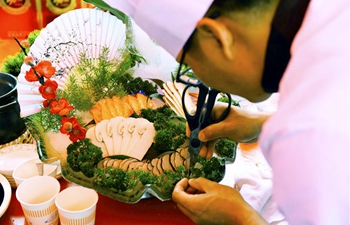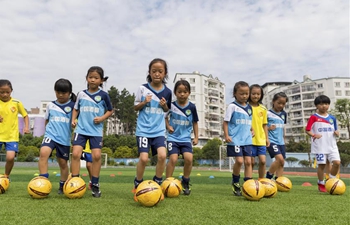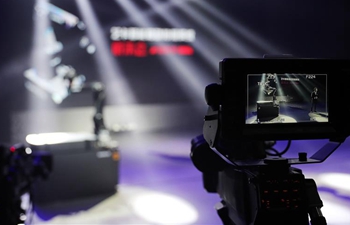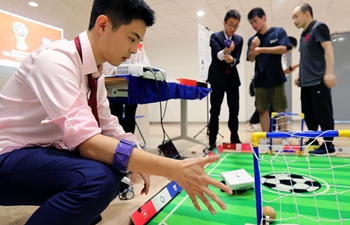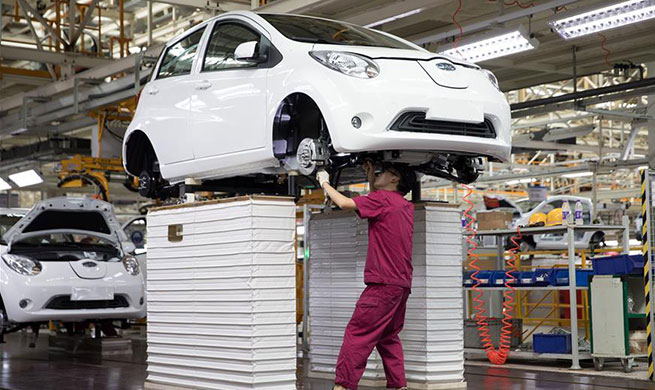OSLO, Aug. 9 (Xinhua) -- While Norwegian mothers claim to know best what children need, fathers believe both parents are equally good at it, newspaper Aftenposten reported Thursday.
The Norwegian Directorate for Children, Youth and Family Affairs recently conducted a survey and interviewed 3,000 parents from different parts of Norway on their parental role.
Mothers interviewed believe that they are better than fathers at taking care of the child in most areas and very few of them believe that father knows best.
A large number of fathers, however, responded that both parents are equally good, the report said.
Half of the fathers said that mother, often or occasionally, knows best how to meet the child's needs.
Regarding trust in the other parent, 59 percent of the women feel that they have a high level of trust in the child's father, while only 46 percent of the men feel the same regarding the mothers in the family.
Norwegian minister of children and equality Linda Hofstad Helleland showed no surprise when it comes o the results of the survey.
"More mothers must give away the title 'CEO at home' to father. It is not just the mother's standard of care that will apply to the family. Father's standard is just as good, even though it may be different from the mother's 'golden standard'," Helleland said.
The survey also showed that 17 percent of fathers said that mother usually carries out care tasks for young children, such as changing, bathing, feeding and putting baby to bed, while 10 percent answered the same for fathers. Seventy-two percent of fathers claim that both parents do this equally often.
Among parents with adolescent children aged 15-17 years, 39 percent of the fathers and 68 percent of the mothers answer that child prefer to talk to mother about difficult feelings.
When it comes to meeting the child's need for challenges and feeling of accomplishment, 71 percent of fathers and 62 percent of mothers believe they are as good as the other in this area. Here, however, there is again a higher proportion of mothers than fathers (ten percentage points more) who think they are better than their partners.
Forty-five percent of the fathers with boys between the ages of six and 10 and 39 percent of those with daughters of the same age answered that children first come to them when they want to play.
Women through the generations have had the defining power of taking good care of children, Helleland pointed out.
"I want to pay tribute to Norwegian fathers who make a lot of effort with their children, and not only in terms of participating in their children's leisure activities. Much positive change has happened. Today's dads are involved in a completely different way in their children' situation than their fathers and grandfathers were. In order to have more equal parenting, there should be a change in attitude," she added.

